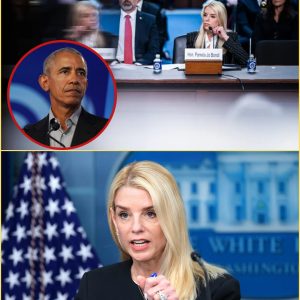Since taking office as the 47th president on January 20, Donald Trump has taken decisive actions through executive orders that have sparked significant discussion and controversy. Among these, his decision to withdraw the United States from the Paris Climate Agreement and the World Health Organization has drawn mixed reactions. Supporters argue that these moves prioritize American interests and sovereignty, while critics warn of their potential to undermine global cooperation on climate change and public health. Another order delayed a ban on TikTok, reflecting a nuanced approach to addressing concerns about national security and economic interests. These actions indicate Trump’s intent to realign U.S. policies with his administration’s priorities.
One of the most polarizing executive orders signed by Trump focuses on birthright citizenship. This order seeks to prevent children born in the United States to non-citizen parents from automatically gaining U.S. citizenship. The move has ignited widespread debate, as birthright citizenship is enshrined in the 14th Amendment of the Constitution.
Critics argue that altering such a fundamental principle through an executive order undermines constitutional safeguards and legal precedent. Proponents, however, contend that it addresses long-standing concerns about immigration and the interpretation of the amendment’s original intent.
If implemented, this change would significantly impact various groups, including children of unauthorized immigrants and those born to parents on temporary visas. It would create a stark shift in the United States’ long-standing approach to citizenship, potentially leading to a substantial increase in the number of stateless individuals. The implications for families and communities are profound, with many fearing increased uncertainty and challenges for those affected. Such a shift would likely face intense legal scrutiny, as opponents are poised to argue that the executive order oversteps constitutional boundaries.






